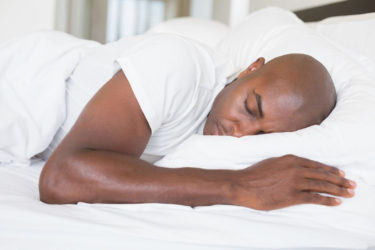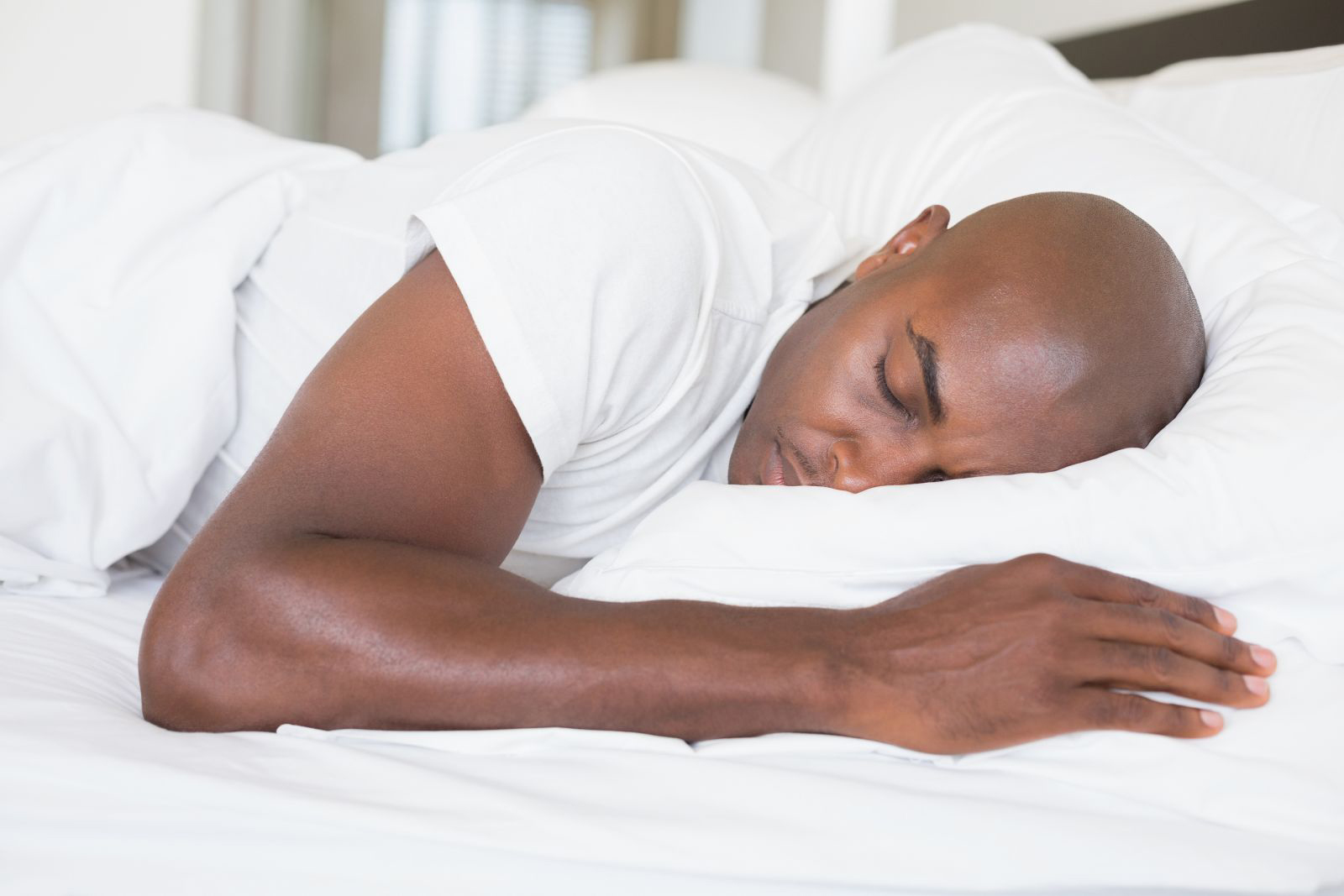 I have been receiving a lot of emails lately from readers asking about remedies for sleeping better, since a good night’s sleep has been hard to come by.
I have been receiving a lot of emails lately from readers asking about remedies for sleeping better, since a good night’s sleep has been hard to come by.
These quick tips make getting – and staying – asleep a little dreamier.
Skip the night time drinking
Alcohol acts as a diuretic, meaning that your sleep may suffer from frequent nighttime trips to the toilet. If possible, skip the wine, beer, or cocktail altogether. If not, be sure to finish your last sip three to four hours before bedtime.
Lights out
 Sleep in a darkened bedroom; this means all lights out, including that coming from your cellphone. Switch it off or put it in another room. The light emitted by a cellphone or computer may disrupt your sleep cycle. Studies have shown that the so-called blue light reduces the quality of sleep, robbing you of sleep even as you dream. If you cannot banish your electronics from the bedroom, place them in bedside drawers to mask the blue light.
Sleep in a darkened bedroom; this means all lights out, including that coming from your cellphone. Switch it off or put it in another room. The light emitted by a cellphone or computer may disrupt your sleep cycle. Studies have shown that the so-called blue light reduces the quality of sleep, robbing you of sleep even as you dream. If you cannot banish your electronics from the bedroom, place them in bedside drawers to mask the blue light.
Don’t go to bed stuffed, or starving
Eating too much too close to bedtime can leave you tossing and turning as your body digests your last meal. Additionally, the natural increase in blood sugar that occurs after eating may leave you wide-awake. On the other hand, going to bed too hungry may prevent you falling asleep – a rumbling stomach is by no means a ticket to dreamland.
Your best bet is to eat dinner and save enough room for a small snack before bed. Aim for no more than 150 calories, and focus on easy to digest foods, such as a banana or a slice of toast.
Stick to a schedule
Aim to go to bed and wake up at the same time each day, if possible. If you fail to establish a consistent sleep pattern, you’re robbing your body of the opportunity to create the natural physiological pattern (circadian rhythms) that releases the appropriate cues and hormones for sleepiness and wakefulness.
Essentially, if you go to bed and wake up at different times each day, your body never knows when it should be awake, and when it should be asleep. The result? You risk being wide awake when you should be sleeping, and drifting off when you should be wide-awake.
Temperature
The temperature of a room is an important determinant of sleep quality and quantity. Ideally, your room should be no warmer than 70 degrees. While it’s ok to use blankets, it’s best to have the ambient room temperature between 64-70 degrees to ensure a good night’s rest.
Use Super B tablets
This is a personal recommendation since it is not scientifically proven that using Super Vitamin B Complex tablets leads to a good night’s rest. However, I take a 1,000mg tablet before bed which helps me to sleep better and deeper. It also aids in my recovery while I sleep and I wake up feeling energetic and rested.
Stay tuned, friends. If you have fitness goals and need personal training or meal plans I can help! Serious enquiries only. Email now to emmersoncampbell@gmail.com or call 661-5954.










